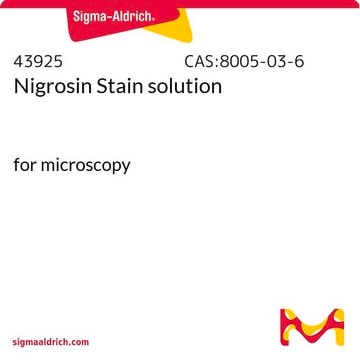H3398
DL-β-Hydroxylauric acid
≥99% (GC)
Synonym(s):
3-Hydroxydodecanoic acid
About This Item
Recommended Products
assay
≥99% (GC)
form
solid
functional group
carboxylic acid
lipid type
saturated FAs
shipped in
ambient
storage temp.
2-8°C
SMILES string
CCCCCCCCCC(O)CC(O)=O
InChI
1S/C12H24O3/c1-2-3-4-5-6-7-8-9-11(13)10-12(14)15/h11,13H,2-10H2,1H3,(H,14,15)
InChI key
MUCMKTPAZLSKTL-UHFFFAOYSA-N
Biochem/physiol Actions
signalword
Warning
hcodes
Hazard Classifications
Acute Tox. 4 Oral
Storage Class
11 - Combustible Solids
wgk_germany
WGK 3
flash_point_f
Not applicable
flash_point_c
Not applicable
ppe
Eyeshields, Gloves, type N95 (US)
Certificates of Analysis (COA)
Search for Certificates of Analysis (COA) by entering the products Lot/Batch Number. Lot and Batch Numbers can be found on a product’s label following the words ‘Lot’ or ‘Batch’.
Already Own This Product?
Find documentation for the products that you have recently purchased in the Document Library.
Customers Also Viewed
Our team of scientists has experience in all areas of research including Life Science, Material Science, Chemical Synthesis, Chromatography, Analytical and many others.
Contact Technical Service














